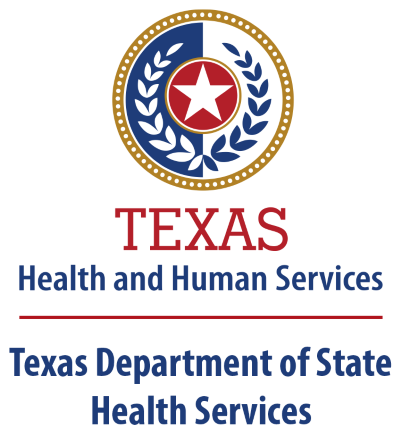Recovering from addiction is a challenging process. Those who do it successfully typically rely on more than one form of support. For many, that means spending some time working with family during rehab.
Booking a rehab center with a family program in Texas may be just what your loved one needs to finally move forward. Here’s how family support helps addiction recovery and what to expect from the process.
What Family Support Means in Addiction Recovery
There’s more than one way to help a family member who is struggling with an addiction to drugs or alcohol. The specific ways you help your loved one can vary based on where they are in the healing journey and the services they need next.
For example, some of the most common kinds of family support in addiction recovery include:
- Helping your loved one find the right treatment center
- Providing transportation and going to visit them during inpatient rehab
- Participating in family therapy sessions
- Offering some financial assistance, if necessary and possible
- Guiding your loved one as they transition between phases of recovery
Rehab centers with family programs make it easier to offer the kinds of support your loved one needs to move forward. If you aren’t sure what that looks like, consider reaching out to Maverick Behavioral Health. Our addiction specialists can listen to your story and help you make the right choices for your loved one.
The Benefits of Family Support for Addiction Recovery
Now that you know what family support often looks like, let’s explore its benefits. There are four major ones that are worth considering as you decide how involved to be in your loved one’s recovery journey.
Emotional Support
First, as a family member or close friend, you can provide valuable emotional support to your loved one as they work through rehab. This can mean listening to their struggles, helping them stay engaged with their program, and providing love and reassurance to help them rebuild self-esteem.
Addiction tends to bring up feelings of isolation and shame, which can disrupt the recovery process. You can help your loved one manage those feelings and stay on track through the most challenging parts of rehab.
Accountability and Motivation
You can also do a lot to help your loved one stay motivated and accountable throughout their recovery. For example, you can make sure they follow through daily with the treatment plan they’ve been prescribed. You can also remind them why they’re working so hard to build a better life.
People struggling with alcohol and drug addiction need people in their corner, cheering them on through the ups and downs of recovery. As a close friend or family member, you’re an ideal position to play that role. If you don’t, no one else might step up.
Building a New Kind of Relationship
Another factor to consider is that problems in personal relationships can often contribute to addiction challenges. Even if you’ve always done your best to support your loved one, the way they interpret your actions may not be healthy.
Working with your family member during rehab is an ideal way to rebuild these relationships into something healthier and more supportive. You’ll have opportunities to participate in group therapy and individual sessions with your loved one. This work can lay the foundation for a more supportive, healthier connection moving forward.
Greater Likelihood of Long-Term Recovery
This all adds up to improving your loved one’s chances of a successful recovery journey. The support and structure you provide will keep your loved one engaged and reduce their chances of relapsing as they transition their healing back into the real world.
Family Therapy in Rehab: What To Expect
One of the most important parts of providing addiction help for loved ones is often participating in family therapy during rehab. This can be a little daunting if you’ve never done anything like it before, so here’s what to expect.
You’ll typically start by working individually with your loved one and the therapist they’ve been seeing during rehab. Their therapist will lead the session and may introduce some of the challenges that your loved one has been going through with their addiction.
Depending on your relationship, there may be some challenges you two need to work through in order to move forward. Therapy is the perfect place to do that. You’ll have opportunities to voice your concerns and feedback while the therapist helps you move past any lingering issues.
The duration of family therapy in rehab will depend on what your loved one needs. You may only participate in one or two sessions. Or, you might join group therapy sessions throughout the duration of your loved one’s rehab stay. It all comes down to what kind of support your family member needs to heal.
Finding Addiction Help for Loved Ones in Dallas
If your loved one needs recovery support in Dallas, you may need to be the one who helps them find it. You can start by Googling rehab centers with family programs around Dallas. From there, you can compare options based on factors like:
- Whether a facility accepts your loved one’s insurance policy
- How far the treatment center is from your home
- What kinds of accommodations each facility offers
- Other factors that matter to you
Dallas has enough drug and alcohol rehab centers that you should be able to find a good fit for you and your loved one. Or, you can save yourself some time and contact Maverick Behavioral Health today.
Learn More at Maverick Behavioral Health
Maverick makes it easy to access the family-centric addiction help your loved one needs in Dallas. We provide treatment for every stage of care — from detox through after. Plus, we accept insurance from most major carriers and offer treatment from some of Dallas’s top addiction specialists.
Even if you don’t choose us, we can help you find and access the best Dallas resources for addiction support. So, why wait? Take the first step by contacting one of our addiction specialists today.


